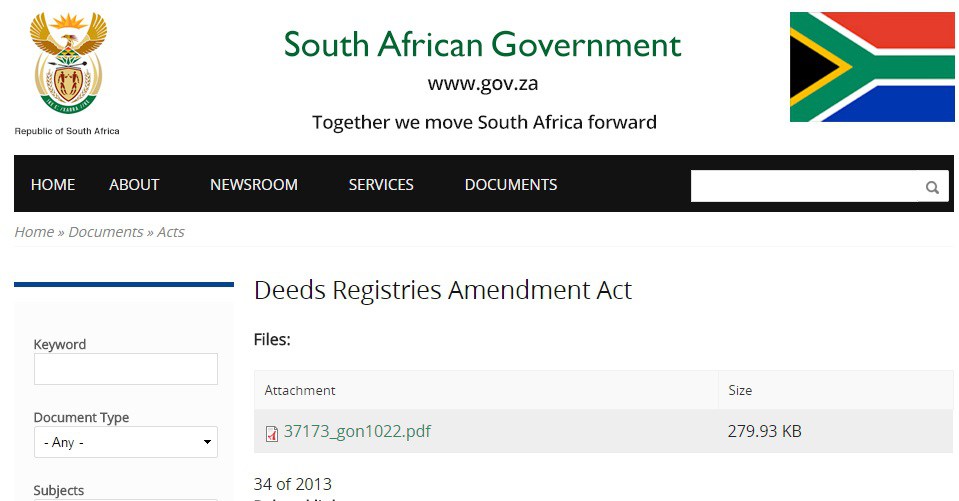What is inclusive agricultural growth? Agricultural investment, productivity and land rights in the context of large-scale investments
Reflections following the passing of the African Union’s Guiding Principles on Large-Scale Land-Based Investment, the culmination of policy processes over the past decade. Rising food prices reflect the systematic neglect of agriculture over a long period. We need indicators and monitoring, cannot rely on technology to resolve political problems, need a system-wide approach and to create opportunities for young people to build livelihoods in farming and throughout the agro-food system.




